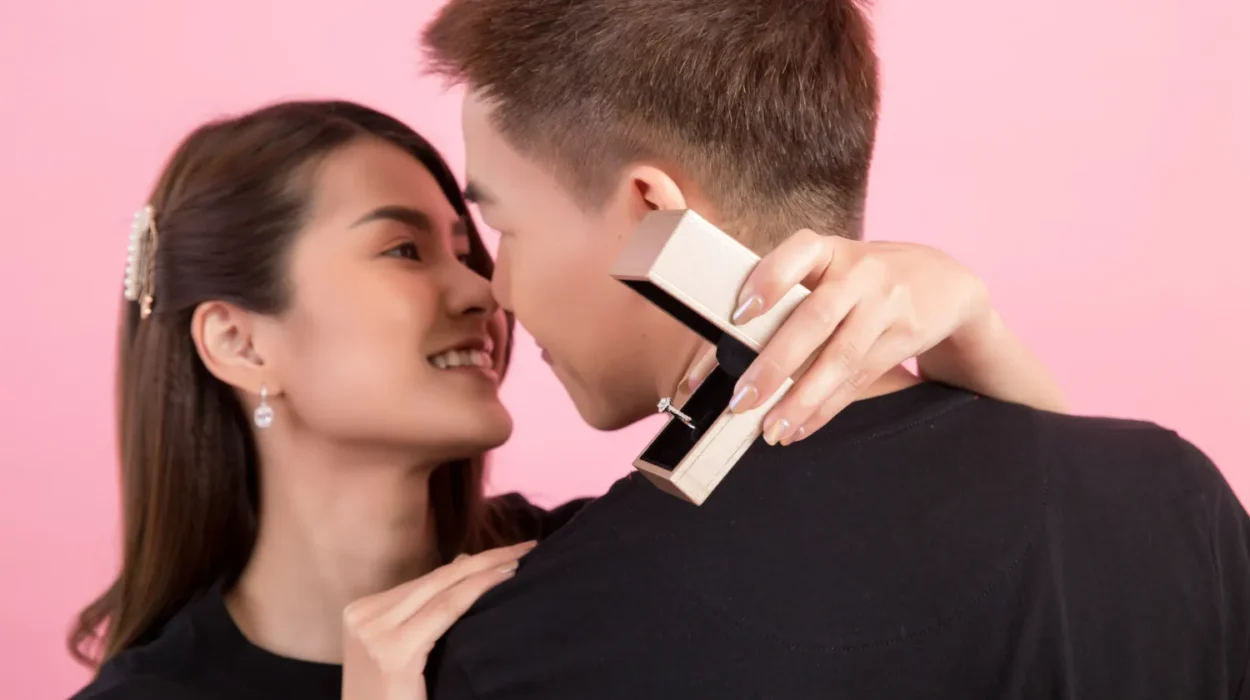Buy Verb Form
| 1. | Base Form (Infinitive): | Buy |
| 2. | Simple Past: | Bought |
| 3. | Past Participle: | Bought |
| 4. | Present Participle: | Buying |
| 5. | 3rd Person Singular: | Buys |
When delving into English studies, it’s crucial to grasp the meanings of specific terms before organizing them based on grammatical rules. While regular verbs can be easily translated using a straightforward method, dealing with irregular verbs presents a slightly different scenario. Initiating the process with memorization and learning the appropriate usage of these verbs in different contexts would be a beneficial starting point.
When we talk about the verb “buy,” we’re delving into the world of transactions and acquisitions. This simple yet essential action verb is fundamental to our daily lives, as it describes the act of purchasing goods or services in exchange for money. Understanding the different forms of “buy” is crucial for effective communication, especially when discussing past actions or hypothetical scenarios.
Base Form (Infinitive):
The base form of “buy” is simply “buy.” It remains unchanged regardless of the subject or tense.
Simple Past:
The simple past form of “buy” is “bought.” This form is used to describe actions that were completed in the past. For example, “I bought a new phone yesterday.”
Past Participle:
The past participle form of “buy” is also “bought.” This form is used with auxiliary verbs to form various tenses. For example, “She has bought a new car.”
Present Participle (-ing):
The present participle form of “buy” is “buying.” This form is used in continuous tenses to indicate that the action is ongoing. For example, “They are buying groceries.”
3rd Person Singular (-s):
In the 3rd person singular, “buy” takes the form “buys.” This form is used when the subject is he, she, or it. For example, “He buys flowers for his wife.”
Understanding these forms of “buy” allows us to communicate effectively in various situations, from recounting past experiences to discussing current actions or future plans involving purchases.
Excercise
Complete the sentences with the correct form of “buy” (base form, simple past, past participle, present participle, or 3rd person singular):
- Yesterday, she __________ (buy) a new dress.
- They are __________ (buy) tickets for the concert.
- He always __________ (buy) fresh bread from the bakery.
- The company has __________ (buy) new equipment for the office.
- She __________ (buy) a gift for her friend’s birthday next week.
- The store __________ (buy) products from local farmers.
- Create your own sentences using different forms of “buy.”
- Yesterday, I _____ a new laptop.
- She _____ a birthday present for her friend.
- We usually _____ groceries at the supermarket.
- He _____ a ticket to the concert last week.
- They _____ a house in the suburbs.
- The company _____ new equipment for the office.
- Have you _____ your plane tickets yet?
- She _____ a new dress for the party.
- We _____ a lot of souvenirs on our vacation.
- They _____ a car last month.
- He _____ a gift for his mother’s birthday.
- I _____ a new book to read on the flight.
- She _____ a ticket for the movie premiere.
- They _____ lunch at the new restaurant.
- Have you _____ anything online recently?
How to use 'buy' in different tenses
Using “buy” as a verb involves purchasing something in exchange for money. Here are some key points about using “buy” in different forms:
Present Tense (buy/buys):
- “She buys a new book every week.”
- “I buy groceries every Monday.”
Past Tense (bought):
- “He bought a new car last year.”
- “We bought tickets to the concert.”
- Present Participle (buying):
- “They are buying a new house.”
- “I saw her buying flowers at the market.”
- Infinitive (to buy):
- “I need to buy some new shoes.”
- “She wants to buy a gift for her friend.”
- Imperative (buy):
- “Buy some milk on your way home.”
- “Don’t forget to buy a present for her birthday.”
- Gerund (buying):
- “Buying organic products is important to her.”
- “She enjoys buying clothes online.”
- Modal Verbs (can/could, will/would, shall/should, may/might):
- “I could buy you a drink if you’d like.”
- “She will buy a new phone soon.”
- “Should I buy a new car?”
FAQ
What does “buy” mean as a verb?
- As a verb, “buy” means to acquire something by paying for it with money.
Can “buy” be used in different tenses?
- Yes, “buy” can be used in various tenses like present (buy/buys), past (bought), and future (will buy).
How is “buy” used in a sentence?
- “Buy” is typically used with an object to indicate the item being purchased, e.g., “I bought a new book.”
Are there different forms of “buy”?
- Yes, “buy” has different forms based on tense, such as present participle (buying), infinitive (to buy), and past participle (bought).
Can “buy” be used in commands?
- Yes, in imperative sentences, “buy” can be used to give commands or make requests, e.g., “Buy some milk.”
Is “buy” used with modal verbs?
- Yes, modal verbs like can, will, should, etc., can be used with “buy” to express ability, possibility, or necessity, e.g., “I could buy you a drink.”
What is the gerund form of “buy”?
- The gerund form of “buy” is “buying,” which is used to talk about the activity or process of purchasing, e.g., “Buying a house can be stressful.”
Can “buy” be used in hypothetical situations?
- Yes, “buy” can be used with modal verbs to talk about hypothetical situations, e.g., “If I had more money, I would buy a new car.”



